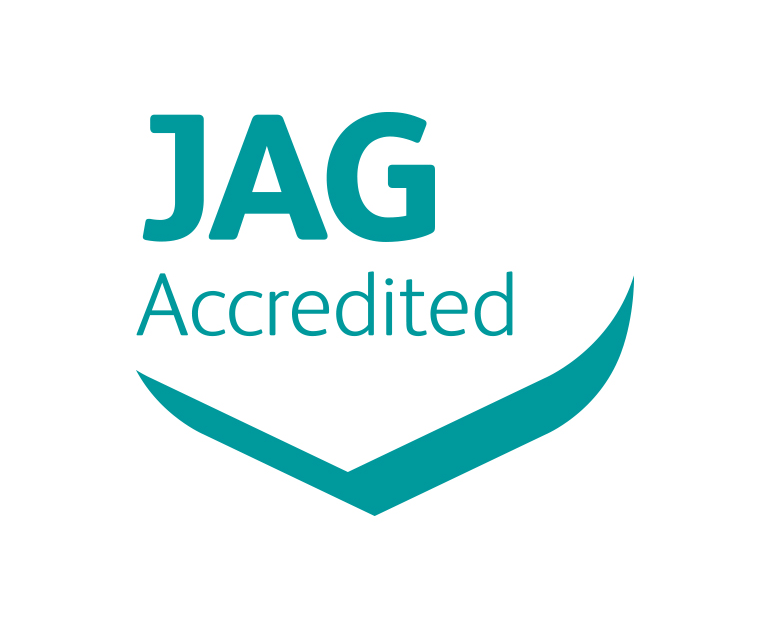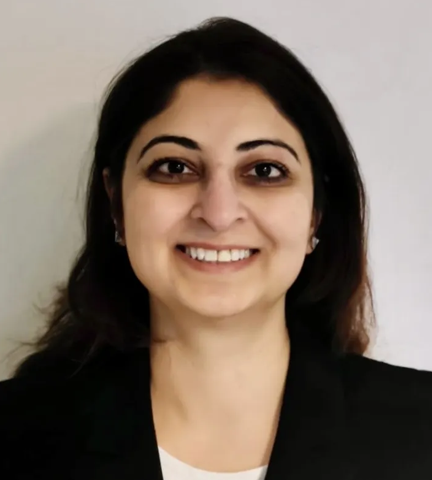Knee Replacement Specialists at Rivers Hospital
-
Mr Paul Allen
Orthopaedics
Mr Paul Allen is a Consultant Orthopaedic Surgeon in Sawbridgeworth, Hertfordshire who specialises in knee replacements.
View Profile -
Mr Daniel Bye
Orthopaedics
Mr Daniel Bye is a Consultant Orthopaedic Surgeon in Hertfordshire, specialising in Hip and Knee Surgery
View Profile -
Mr David George
Orthopaedics
Mr David George is a Consultant Orthopaedic surgeon with a special interest in hip and knee surgery.
View Profile -
Mr Rashid Khan
Orthopaedics
Mr Rashid Khan is a Consultant Orthopaedic Surgeon specialising in hip replacements and all knee disorders including knee replacements, trauma, sports injuries and anterior cruciate ligament ruptures.
View Profile -
Mr Dennis Kosuge
Orthopaedics
Mr Kosuge is a Consultant Trauma and Orthopaedic Surgeon in Hertfordshire, with a subspecialist interest in hip and knee surgery.
View Profile -
Mr Satish Kutty
Orthopaedics
Consultant Orthopaedic Surgeon, Mr Kutty, specialises in hip and knee disorders including trauma, sports injuries of the hip, hip and knee replacements in young adults.
View Profile -
Mr Jeh Mahaluxmivala (Mr Jeh Maha)
Orthopaedics
Mr Jeh Mahaluxmivala (pronounced ma-ha-lux-mi-vala) known as Mr Jeh, is a Consultant Orthopaedic Surgeon in Sawbridgeworth with a special interest in knee and hip surgery
View Profile -
Mr Unnikrishnan Ramkumar
Orthopaedics
Mr Ramkumar is a Consultant Orthopaedic Surgeon in Sawbridgeworth, Hertfordshire who specialises in hip and knee procedures in Sawbridgeworth, Hertfordshire
View Profile


